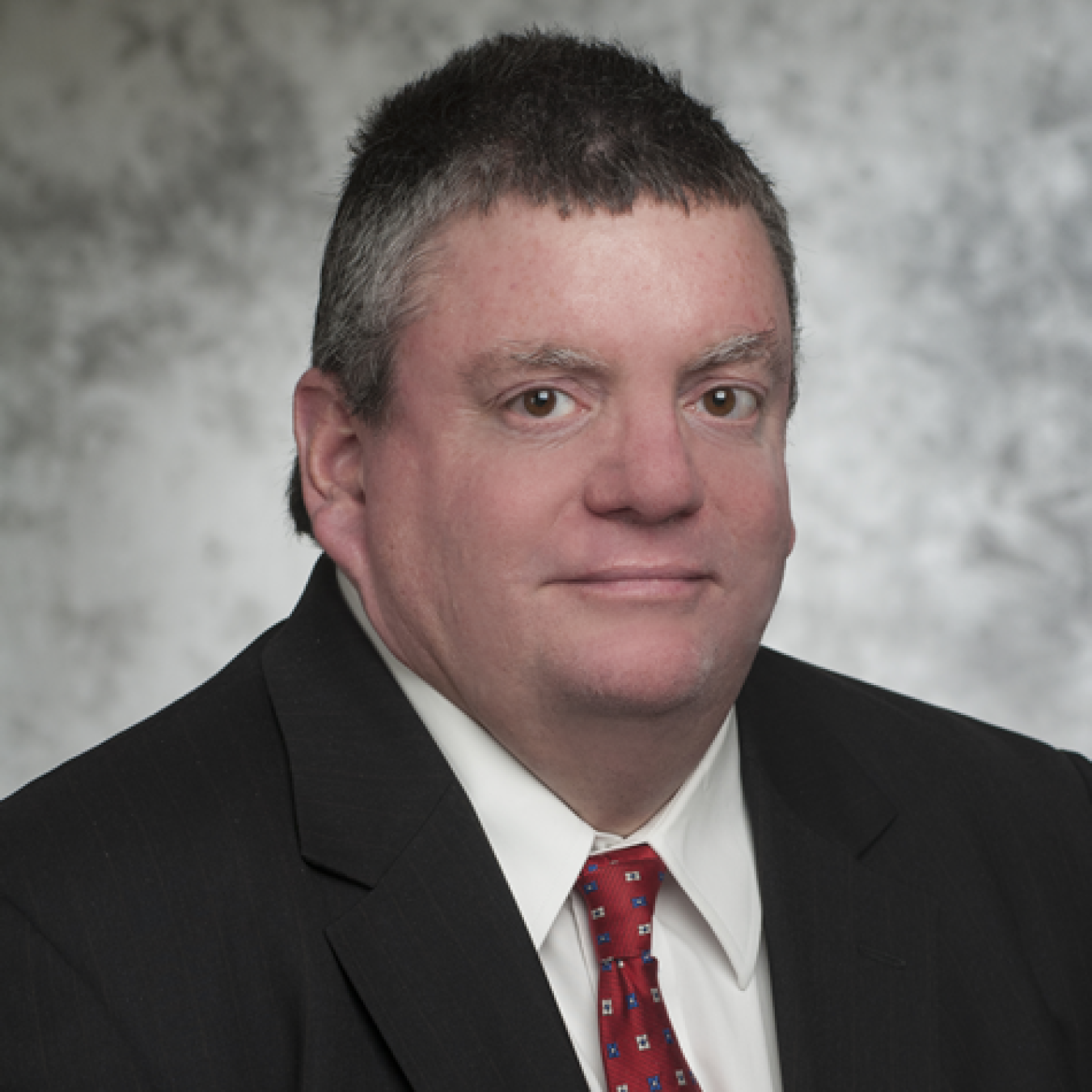One of the most important missions of the Department of Energy (DOE) is the operation, maintenance, and security of nuclear sites around the country
November 10, 2020One of the most important missions of the Department of Energy (DOE) is the operation, maintenance, and security of nuclear sites around the country. Key to achieving that mission is our focus on maintaining the health and safety of workers, the public, and the environment.
The Department’s overarching nuclear safety requirements are governed by a rule known as 10 CFR part 830, Nuclear Safety Management, which was initially published on January 10, 2001. The rule governs the conduct of DOE personnel and contractors who conduct activities that affect, or may affect, the safety of DOE nuclear facilities.
Over the nearly 20 years since the rule was published, the Department and its contract workers adhered to what are sometimes duplicative and unnecessary administrative tasks that do little to enhance safety.
Beginning in 2017, the Department set out to modernize and update the safety requirements in a manner that would increase the efficiency and effectiveness of our nuclear site contractor’s performance and oversight without sacrificing safety. On August 15, 2017, the Deputy Secretary, now the Secretary, Dan Brouillette, published a Decisional Memorandum to initiate a rulemaking to revise the 10 CFR Part 830 rule, and included a list of recommended topical areas to be addressed. This effort was undertaken as part of the Trump Administration’s broader regulatory reform agenda, as outlined in Executive Order 13777, Enforcing the Regulatory Reform Agenda.
Led by the Department’s Office of Nuclear Safety, a working group initiated an effort to pursue a rulemaking based on the list of proposed internal reforms recommended in the Deputy Secretary’s memo, with the intent of achieving significant improvements in efficiency while also maintaining contractor performance standards. The working group also incorporated input from nuclear safety subject matter experts from the four DOE program offices with jurisdiction over nuclear activities: the National Nuclear Security Administration, the Office of Environmental Management, the Office of Nuclear Energy, and the Office of Science.
On August 8, 2018, DOE issued a Notice of Proposed Rulemaking (NOPR) for public comment, which proposed changes that covered a subset of the topical areas identified in the Deputy Secretary’s memo. After a thorough, transparent, and deliberative process that included four public meetings with key stakeholders, DOE issued a final rulemaking decision on October 19, 2020.
The final rule, which incorporates nearly 20 years of contractor operational experience and public feedback, focuses on improved clarity of requirements and modest process changes that reduce unnecessary burden to make DOE nuclear safety management operations more efficient. This allows DOE to pay more attention to higher hazard safety challenges and less time on redundant efforts or administrative tasks.
Specific enhancements to 10 CFR part 830 include:
- Streamlines the process by which newly identified safety concerns, referred to as unreviewed safety questions, are defined.
- Eliminates duplicative DOE approvals of safety documentation.
- Modifies and clarifies the definitions of new and existing nuclear facilities.
- Provides minor updates throughout for added clarity including updates to references to DOE guidance and policy.
The effective date of the Final Rule is November 18, 2020.
Garrett Smith

Garrett Smith is the Director of the Office of Nuclear Safety (EHSS-30), within the Office of Environment, Health, Safety and Security (EHSS). EHSS-30 establishes nuclear safety requirements and expectations for the Department to ensure protection of workers, the public, and the environment from the hazards associated with nuclear operations. It also establishes general facility safety requirements in the areas of fire protection, natural phenomena hazards, and quality assurance to ensure that products and services meet or exceed the Department's objectives in each of these areas.
Mr. Smith has been with the Federal Government for over 23 years. Starting in 1994 at the Nuclear Regulatory Commission (NRC), where he was a Fuel Facility Safety Inspector, performing Chemical Safety, Criticality Safety, Fire Protection, Seismic, and MC&A inspections at the nation’s commercial nuclear fuel fabrication and navy nuclear fuel manufacturing facilities. Later he worked for the Executive Director for Operations as a Senior Technical Advisor. Post 9/11, he helped to startup the new Office of Nuclear Security and Incident Response within the NRC and held several positions within that organization, including Technical Assistant to the Director, and section chief of the Materials Security Section. Garrett also served as the Section Chief of the Decommissioning Branch within the Office of Nuclear Waste Management.
In 2005 Garrett transferred to National Nuclear Security Administration to become the Safety and Licensing Manager for the Mixed Oxide Fuel Fabrication facility being built at the Savannah River Site. During his tenure in this position, the licensee (MOX Services) successfully submitted their license application to the NRC, which resulted in the NRC issuing its Safety Evaluation Report. In 2009 he joined the Office of Health, Safety and Security and worked in the Office of Nuclear Safety Enforcement and as the Director of the Office of Nuclear Safety Basis and Facility Design (AU-31).
Prior to his Government services, Garrett work for the contractor at the West Valley Demonstration Project as a Process and Safety Engineer, responsible for the safe operations of the high level waste pretreatment activities.
Garrett graduated from the State University of New York at Buffalo with a BS degree in Chemical Engineering.

